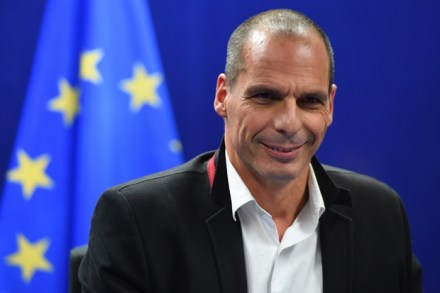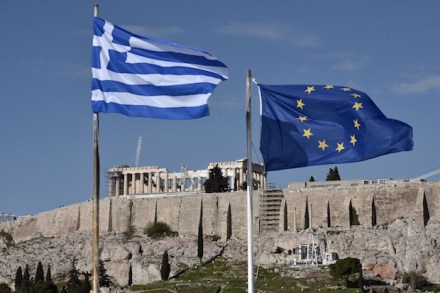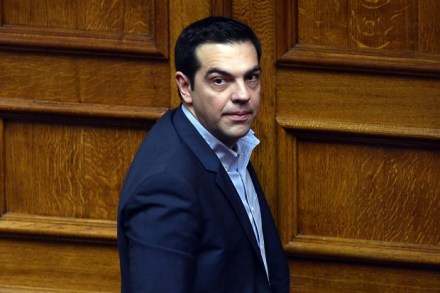Switch over to the Greek debt drama: the final episode must be coming shortly
Bored with the election? Switch over to the Greek debt drama. In this week’s cliffhanger, silver-tongued finance minister Yanis Varoufakis visited IMF chief Christine Lagarde on Sunday, promised to meet his country’s obligations ‘ad infinitum’, and was expected to meet a €450 million repayment to the IMF on Thursday. But more troublesome members of the ruling Syriza party denounced the IMF and Brussels for treating Greece as ‘a colony’, threatening a snap election ‘if creditors insist on an inflexible line’, and warning that public-sector salaries and social security payments must rank ahead of debt as cash runs out. Which it will before August. Greece’s tax collections are so feeble, its




















